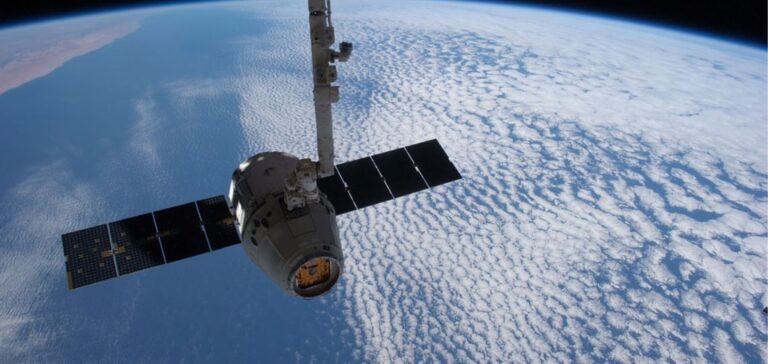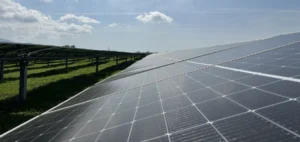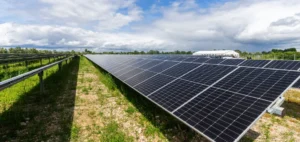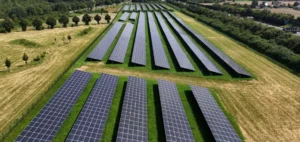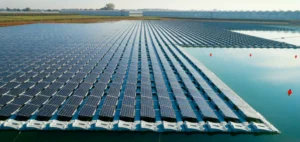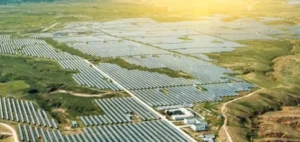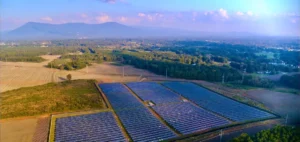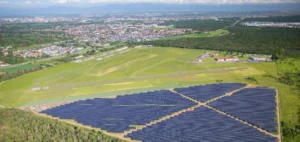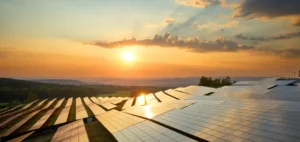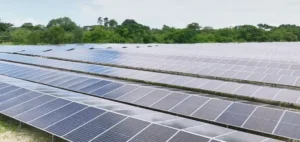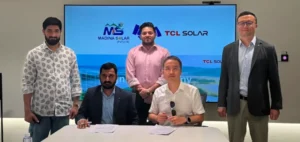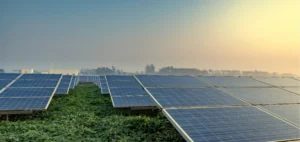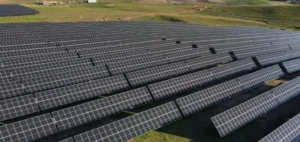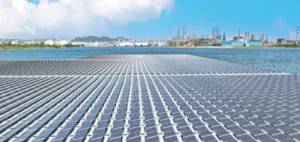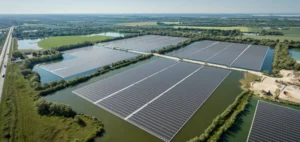Meyer Burger Technology AG and Solestial Inc.
announce a strategic partnership to increase production of next-generation silicon solar cells.
The partnership is designed to meet the growing needs of space missions with cells optimized for the harsh environments of space.
Advanced technology for space applications
The aim of this partnership is to combine Meyer Burger’s strengths in silicon heterojunction technology with Solestial’s innovations in the manufacture of radiation-resistant solar cells.
The aim of this combination is to produce solar cells capable of withstanding the extreme conditions encountered in orbit.
Solestial will be responsible for the initial manufacture of the silicon wafers, which will then be processed by Meyer Burger using their heterojunction technology.
The resulting cells will be returned to Solestial for final metallization and integration into flexible solar modules at their facility in Tempe, Arizona.
Large-scale production
This partnership should enable Solestial to produce solar modules in quantities sufficient to power several hundred satellites by mid-2025.
Production ramp-up is scheduled to begin in September this year. This initiative underlines the importance of collaboration between the two companies to accelerate innovation in space solar power.
Impact on the space industry
This collaboration between Meyer Burger and Solestial aims to provide reliable and efficient energy solutions for space infrastructures. By combining their technologies, the companies hope to meet the rigorous demands of current and future space missions.
Saurav Shroff, CEO of Starpath, a company specializing in space infrastructure, expressed optimism about the market impact of the collaboration.
“Solestial’s solar technology, combined with Meyer Burger’s expertise, represents a significant breakthrough for space infrastructure suppliers. We look forward to seeing the results of this strategic partnership.”
This alliance marks an important milestone in the development of space solar power, offering advanced and robust solutions for in-orbit energy challenges.

